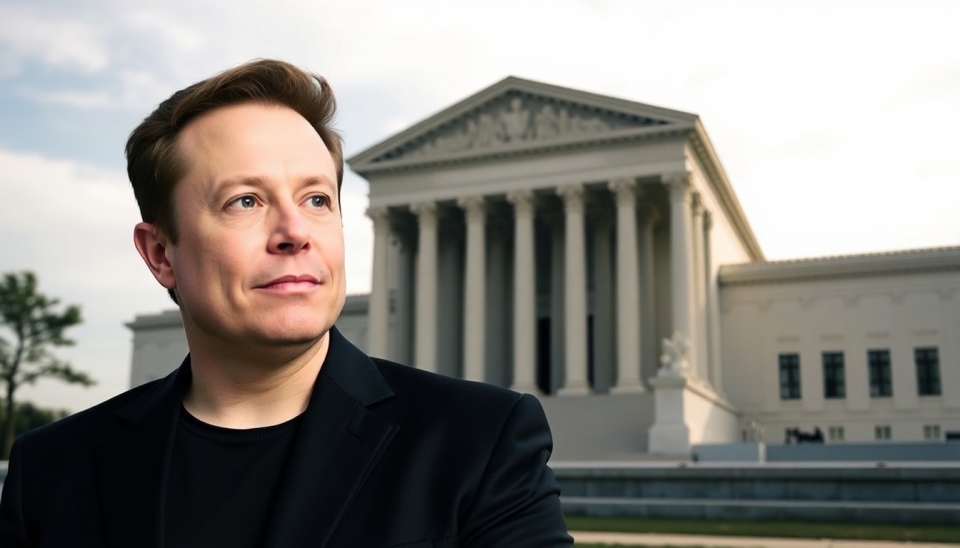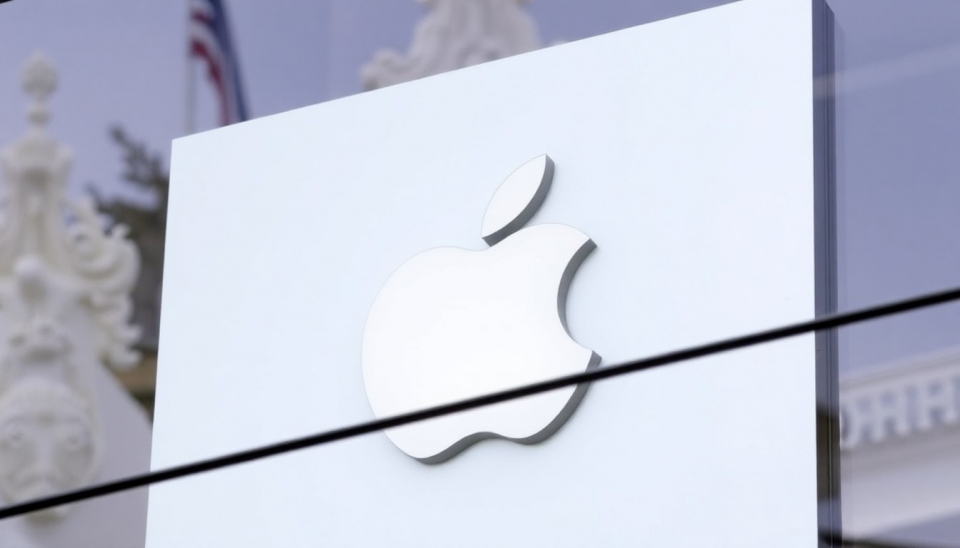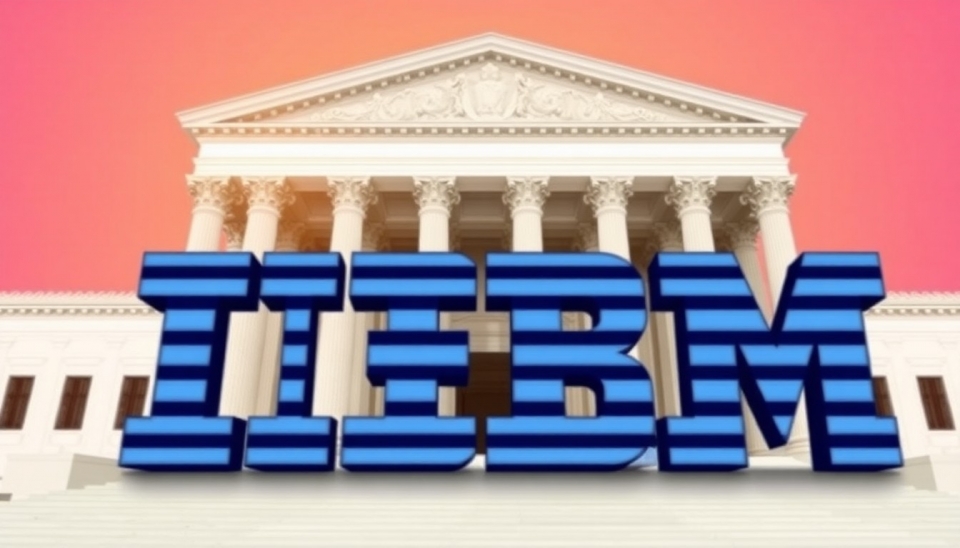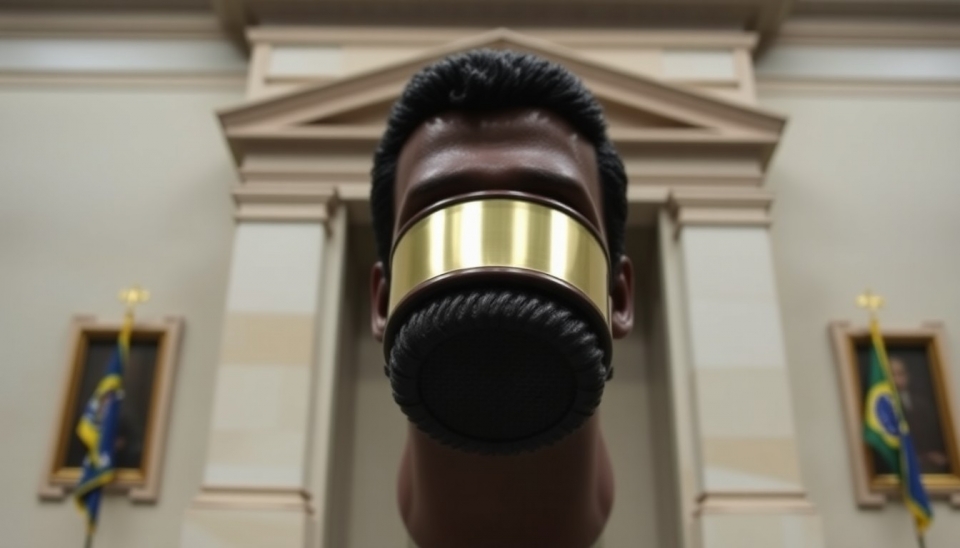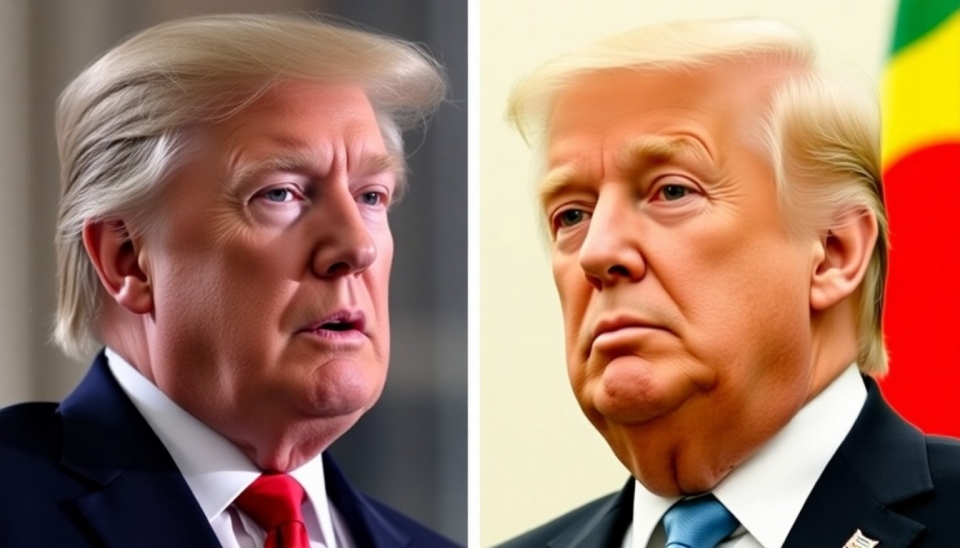
The Supreme Court of the United States is taking an active step in addressing a significant music copyright case that has potential implications for the industry, inviting the U.S. government to express its views on the matter. Central to this legal battle is the question of copyright licensing and the financial impacts on artists and music publishers.
This case emerges from a dispute involving the performance of music on digital platforms and how revenues generated from these performances should be distributed. At the heart of the case is a claim that a major music publisher is seeking over $1 billion in royalties from various digital media entities. The case underscores the complexities of copyright law, especially as it pertains to the rapidly evolving digital ecosystem that governs how music is consumed today.
By taking this unusual step of asking for input from the government, the Supreme Court signals that it recognizes the wider ramifications of the case, not just for the parties directly involved but for the music industry as a whole. This move also indicates a growing necessity to reevaluate copyright structures in the face of technological advances that have shifted how music is created, distributed, and monetized.
This request from the Supreme Court for the United States' views comes after a prolonged series of legal proceedings that have already attracted considerable attention from various stakeholders within the creative and digital realms. Interest spans from independent artists and major record labels to streaming services and legal experts who are closely watching how the Court navigates these legal waters.
The outcome of the case will likely establish a precedent for how similar disputes are handled in the future, with substantial money at stake and numerous companies potentially affected by the portrayal of copyright laws in a digital context. Furthermore, an impending decision could redefine royalty distributions for streaming and other digital platforms that make use of copyrighted material.
With arguments expected to commence soon, all eyes will be on this pivotal moment for copyright law and its relationship with the contemporary music landscape. The Supreme Court’s decision will not only impact the parties directly involved but could also influence legislation and the way digital content creators engage with their work in the music industry moving forward.
As the case continues to progress, one thing is clear: the evolution of digital music requires a responsive legal framework that upholds the rights of creators while adapting to new realities in consumption and distribution.
As the Supreme Court prepares to hear this significant case, experts, artists, and industry leaders await the guidance that these proceedings may offer on the future of music copyright and the intricate balance between technology and intellectual property rights.
In summary, this Supreme Court case encapsulates the ongoing struggle between advancing technology and established copyright law. The request for the U.S. government's opinion adds a new layer of complexity to an already multifaceted issue, making the outcome even more awaited.
#SupremeCourt #CopyrightLaw #MusicIndustry #DigitalMedia #RoyaltyDispute #IntellectualProperty #StreamingServices #MusicRights
Author: Liam Carter
